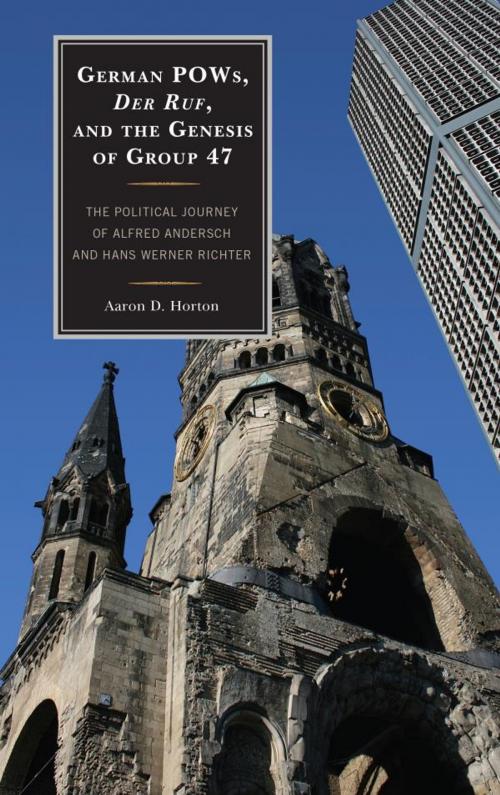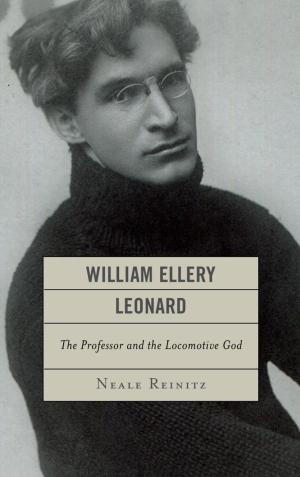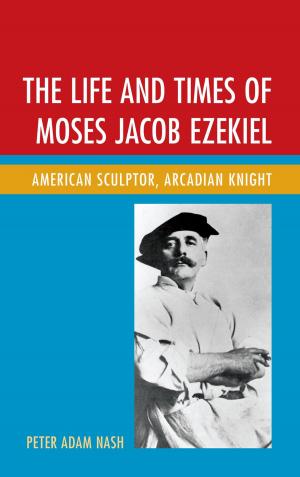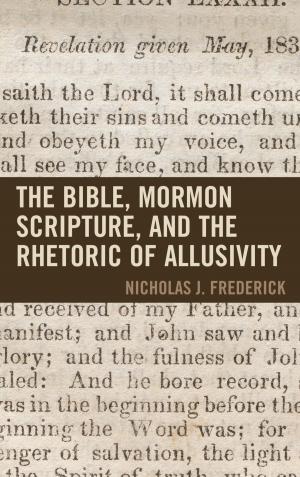German POWs, Der Ruf, and the Genesis of Group 47
The Political Journey of Alfred Andersch and Hans Werner Richter
Nonfiction, History, Jewish, Holocaust, Germany, Military, World War II| Author: | Aaron D. Horton | ISBN: | 9781611476170 |
| Publisher: | Fairleigh Dickinson University Press | Publication: | December 11, 2013 |
| Imprint: | Fairleigh Dickinson University Press | Language: | English |
| Author: | Aaron D. Horton |
| ISBN: | 9781611476170 |
| Publisher: | Fairleigh Dickinson University Press |
| Publication: | December 11, 2013 |
| Imprint: | Fairleigh Dickinson University Press |
| Language: | English |
This work explores the experiences of Hans Werner Richter and Alfred Andersch, authors who served in the German army during World War II, were captured by U.S. forces, and enlisted into a secret program to promote American democracy to their fellow POWs while imprisoned in the United States. Upon repatriation, they brought their experiences with the POW publication Der Ruf back to Germany, where they founded a periodical of the same name. Having grown disillusioned with the American occupation, the authors’ stark criticisms of U.S. policies led to their dismissal from the second Der Ruf after only fifteen issues. This study attempts to understand their journey from acceptance and endorsement of American democratic ideals to disappointment and opposition to U.S. occupation policies. This transition played a crucial role in the foundation of the most influential West German literary circle: Group 47, organized a few months after the authors’ dismissal.
This work explores the experiences of Hans Werner Richter and Alfred Andersch, authors who served in the German army during World War II, were captured by U.S. forces, and enlisted into a secret program to promote American democracy to their fellow POWs while imprisoned in the United States. Upon repatriation, they brought their experiences with the POW publication Der Ruf back to Germany, where they founded a periodical of the same name. Having grown disillusioned with the American occupation, the authors’ stark criticisms of U.S. policies led to their dismissal from the second Der Ruf after only fifteen issues. This study attempts to understand their journey from acceptance and endorsement of American democratic ideals to disappointment and opposition to U.S. occupation policies. This transition played a crucial role in the foundation of the most influential West German literary circle: Group 47, organized a few months after the authors’ dismissal.















